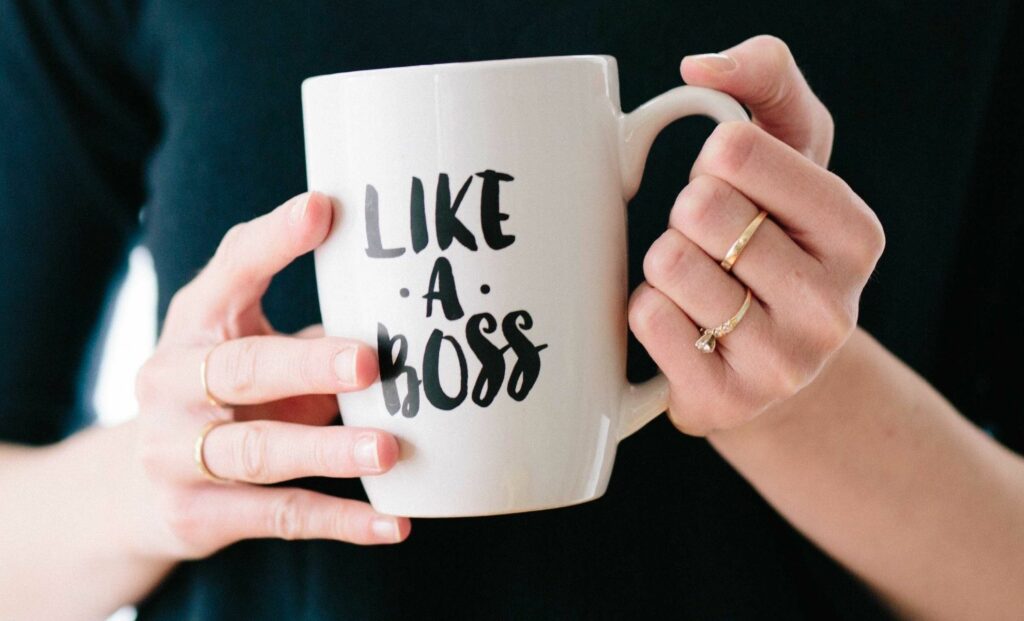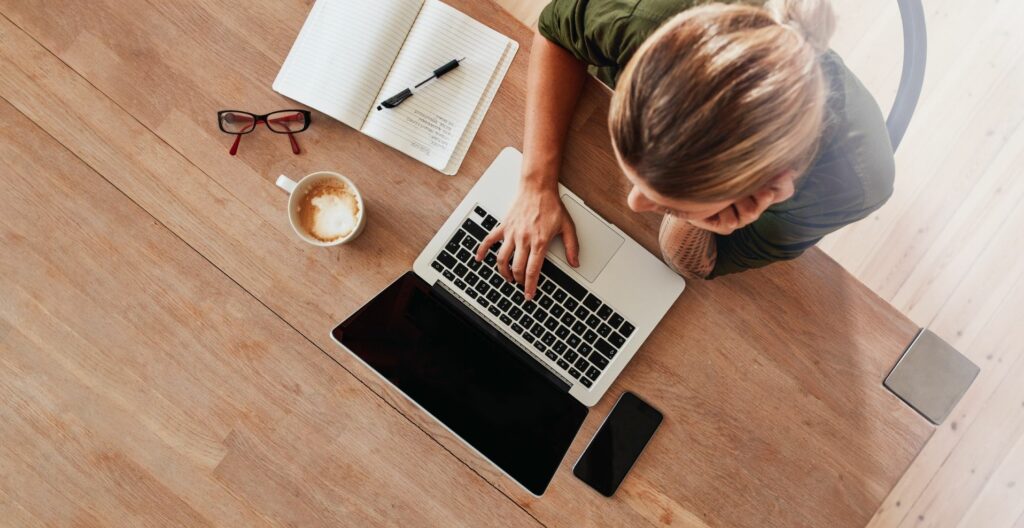Leading Through Grief with Emotional Intelligence

During COVID, we are grieving the loss of normalcy, connection, economic stability, and for some, the profound loss of a loved one. We are also dealing with anticipatory grief. We fear getting sick or dying, or seeing our loved ones suffer. We are collectively grieving with each of us responding in different ways and to different effects. As leaders, we play many roles; however, a grief counselor is generally not one of them. Nonetheless, as we’ve learned since COVID-19 forever changed our world, the ability to lead through grief is a necessary skill. The health and wellness of employees has a direct correlation to an organization’s bottom line. If you want to see your organization thrive, your employees must thrive. So how can you effectively…







